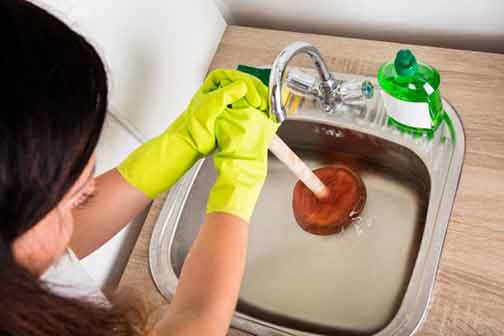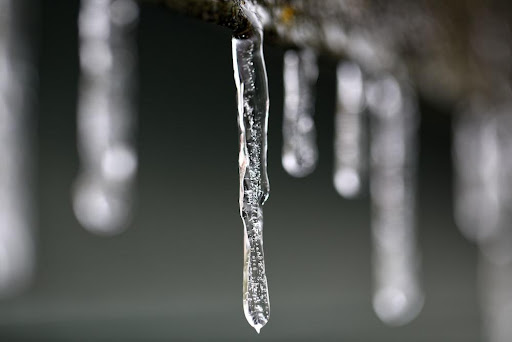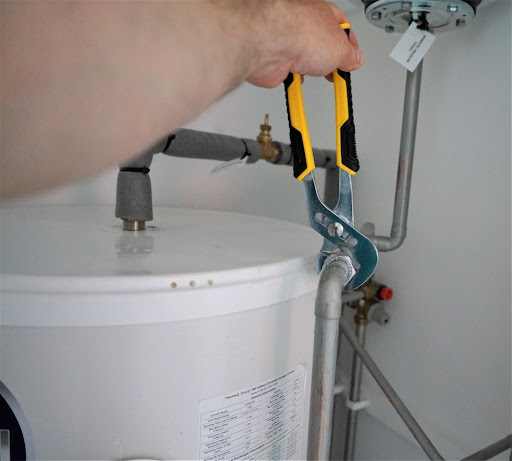A plumbing emergency is any plumbing problem that has the potential to harm your health and your property warns, Leenan Management. Plumbing emergencies have the distinct quality of completely disrupting a home’s day-to-day activities. They make it impossible to live your life normally.
Most plumbing emergencies happen suddenly, resulting from issues that were either missed or neglected. Because of their highly destructive nature, plumbing emergencies can cause much damage in a very short time. Plumbing emergencies have to be addressed at once.
The most common plumbing emergencies in homes are:
- Overflowing toilets
This is when a toilet refuses to flush. Instead of emptying into the drain, the toilet bowl fills with human waste and water. An overflowing may even spill its contents on the toilet floor.
- Sewer backup
This is the grossest kind of plumbing emergency to have in your home. A sewer backs up when its content flows backward and enters the house through the floor and toilet drains. A sewer backup will cause massive damage.
- Water heater problems
Plumbing emergencies include a leaky water heater or one not producing hot water. When temperatures are very low and hot water is essential in winter, this problem can devastate a household.
- Burst pipes
A burst pipe can spill hundreds of gallons of water into your home in minutes. Pipes can burst from old age, poor maintenance, or extreme temperature changes.
- Frozen pipes
If the water inside the home’s main water supply line freezes, the water supply to the entire home will be cut off. This problem mostly happens in winter, especially in areas where winter is freezing.
- Gas leaks
This plumbing emergency is the most dangerous because of its high fire risk and loss of life or property. Gas leaks are a special plumbing emergency and must be treated with the utmost urgency they deserve.
What is the best way to deal with a plumbing emergency? The best way to deal with plumbing emergencies in the home is not to have them at all. But if the plumbing emergency is already underway, there are steps you can take to reduce the impact of the problem on your home.
How to keep plumbing emergencies from getting out of hand
- Turn off the water supply
Depending on the plumbing emergency, you can stop the water supply by turning the valve at the base of the affected fixture or your home’s main water shutoff valve. Everyone in your home should know the location of the main shutoff valve and how to use it (well before a plumbing emergency arises).
- Don’t add more water to the drain
If you have an overflowing toilet, do not attempt to solve the problem by flushing it again; it could result in your toilet floor getting flooded. If sewage in your home is backing up, ensure that no drain in the house is discharging more water into the overflowing sewer line.
- Turn off the hot water system
To avoid damage to your water heater after you shut off the water supply, make sure the water heater is turned off. Your water heater could quickly overheat and burst if you turn off the water but leave the hot water system on. Also, remember to turn off the gas if you have a gas system.
- Open external drains and spigots
Even after turning off the water at the main shutoff valve, some water will still be inside your pipes. This water can find its way to your home’s damaged pipe or plumbing fixture and worsen the problem. To prevent this, open any spigots that are outside the house.
- Remove your belongings from the area
Remember to remove your personal belongings from the emergency area to limit the cost of repairs. All items that can be damaged by water should be moved. Even if an item is waterproof, you should consider removing it if the plumbing emergency is a sewer backup.
- Call your plumber
Do not try to solve the issue yourself; call an emergency plumber. A DIY solution will only give the problem time to do more damage. If the plumbing emergency is a gas leak, immediately turn off the gas supply, go outside your home, and then call your plumber. If you don’t know how to turn off the gas, call the plumber, and they will tell you how, or contact the gas supply company.
Finally, the best time to find a good plumber to deal with plumbing emergencies in your home is not when the emergency happens but long before the problem occurs. A good local plumber can even help you avoid the plumbing emergency altogether.
Building an ongoing relationship with a reputable plumber is the best way to prevent and solve plumbing emergencies. Doing this before the problem happens ensures you are not left at the mercy of unscrupulous plumbers when disaster strikes.


